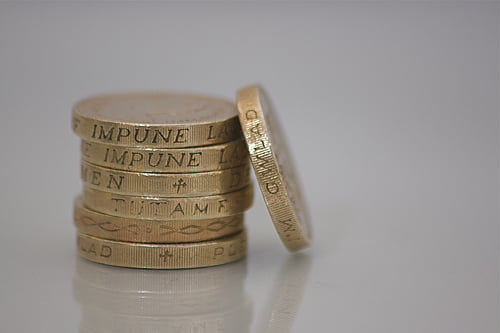

Features
Eight tips on how to invest ethically
James Howard of Emerald Knight lays out eight sure-fire tips for investors who are looking into more ethical, sustainable, responsible and above all enlightened vehicles for their money.
Ethical investment is becoming the chosen vehicle for many investors who demand more than just financial growth from their money.
According to our research, almost half of people (47%) say they are likely now, or at some point in the future, to choose ethical investment over the more traditional vehicles such as the property and stock markets.
And it’s clear that the market is growing. Data from the UK Sustainable Investment and Finance Association (UKSIF) shows that responsibly-managed assets in the UK recently passed €1 trillion for the first time, representing over 18% of the total responsible investment market in Europe.
If you’re thinking of giving ethical investment the green light, it’s important to do some careful planning. Here are some tips for anyone considering it.
1. Decide which issues are most important to you
You can screen out by excluding companies due to the nature of their business, such as tobacco firms, gambling enterprises, or companies investing in arms manufacture or nuclear energy. Or screen in by actively supporting companies which have positive social and environmental policies in place, such as renewable energy, carbon offsetting, or healthcare. Or perhaps you’d like to combine both.
2. Be clear about your financial objectives
You need to be very clear about what you want to achieve financially as well as ethically, just as you would for any other type of investment. For example, what is your attitude to risk? Do you want to invest in a portfolio of socially responsible companies, or stick to one specific company or project? Are you looking for income or capital growth? What are the desired timeframes?
3. Research your options
You can list all the positive and negative screens you’d like to employ and then start identifying funds/investments providing a good match. You can, for example, access databases of ethical investment funds, ISAs and other investment options, through websites such as www.YourEthicalMoney.org or www.ethicalmoney.org.
4. Exercise your tax allowances
Many ethical investments can be held within an ISA wrapper, which helps to avoid future income tax or capital gains tax. Many of them are also SIPP (self-invested personal pension) approved, which allows a greater degree of flexibility if you want to use your private pension to invest in different asset classes.
5. Seek advice and ask questions
It’s important to take advice from an Independent Financial Adviser, especially if you’re new to ethical investment. Websites such as www.unbiased.co.uk allow you to search for an IFA who specialises in ethical investment by postcode. An IFA will help to match your financial and ethical goals with the most appropriate investment options, and the more they know about your objectives, the better the recommendations will be.
6. Check out past performance
Of paramount importance, whether you’re investing with a specific company, project, or fund, is a proven track record and previous results. For specific projects, ask whether they’ve carried out robust due diligence checks, and in what way your capital will be protected. Are there defined exit strategies? Finding out about reporting practices is also a good idea, in terms of quality and frequency. An IFA will be able to help you with this.
7. Compare costs
Some ethical investment funds, for example can charge higher fees as the investments are more complex and require more research, so this is something to compare when you’re researching your options.
8. Don’t assume that you have to sacrifice profits for principles
It’s most certainly possible to invest with a conscience and still make money. Ethical investment typically involves investment in the few industries which have managed to remain in positive growth through the global recession. And in some cases, ethical investments/funds have outperformed more mainstream investments.
James Howard is a director at Emerald Knight, which specialises in socially responsible investment.
Further reading:
Ethical investment has blossomed into a viable and lucrative strategy
Poll maps growth of ethical investment understanding and demand
£11bn invested ethically in the UK: infographic analysis


 Environment12 months ago
Environment12 months agoAre Polymer Banknotes: an Eco-Friendly Trend or a Groundswell?

 Features11 months ago
Features11 months agoEco-Friendly Cryptocurrencies: Sustainable Investment Choices

 Features12 months ago
Features12 months agoEco-Friendly Crypto Traders Must Find the Right Exchange

 Energy11 months ago
Energy11 months agoThe Growing Role of Solar Panels in Ireland’s Energy Future

























